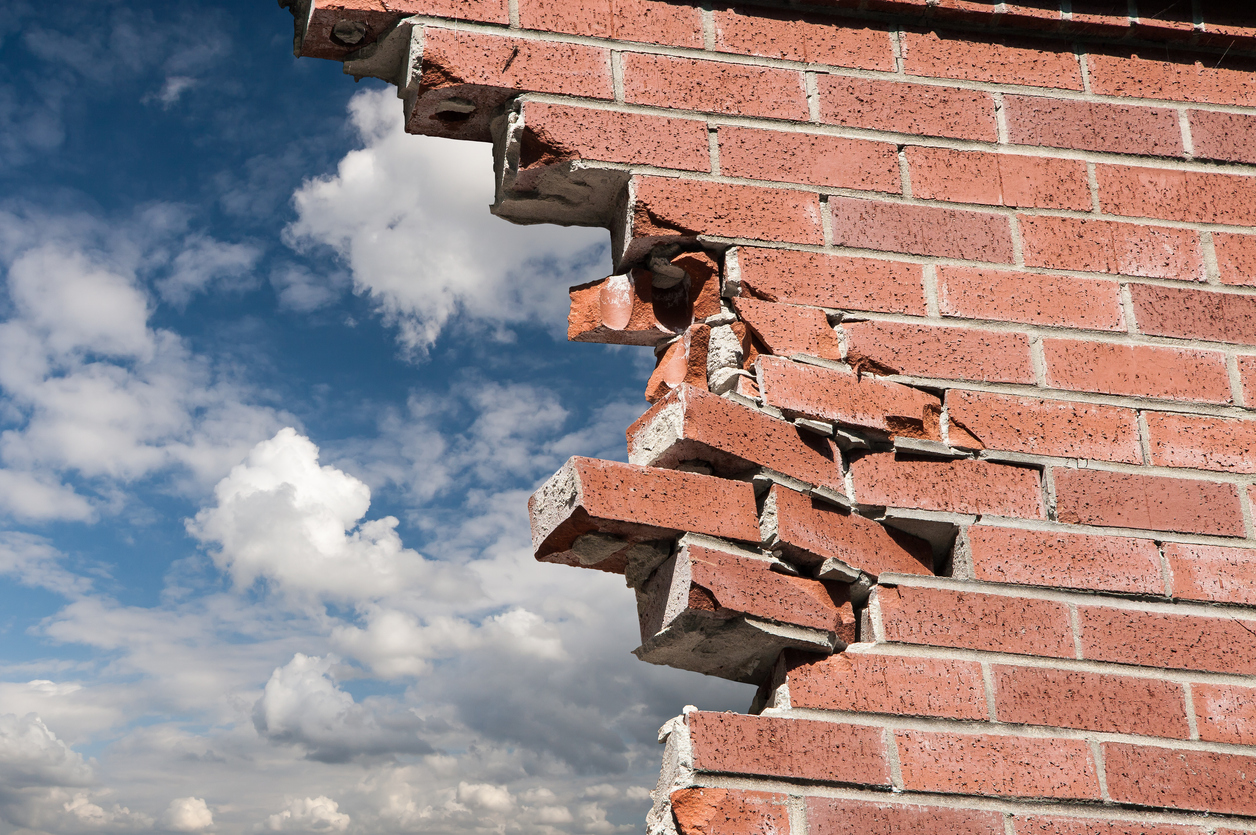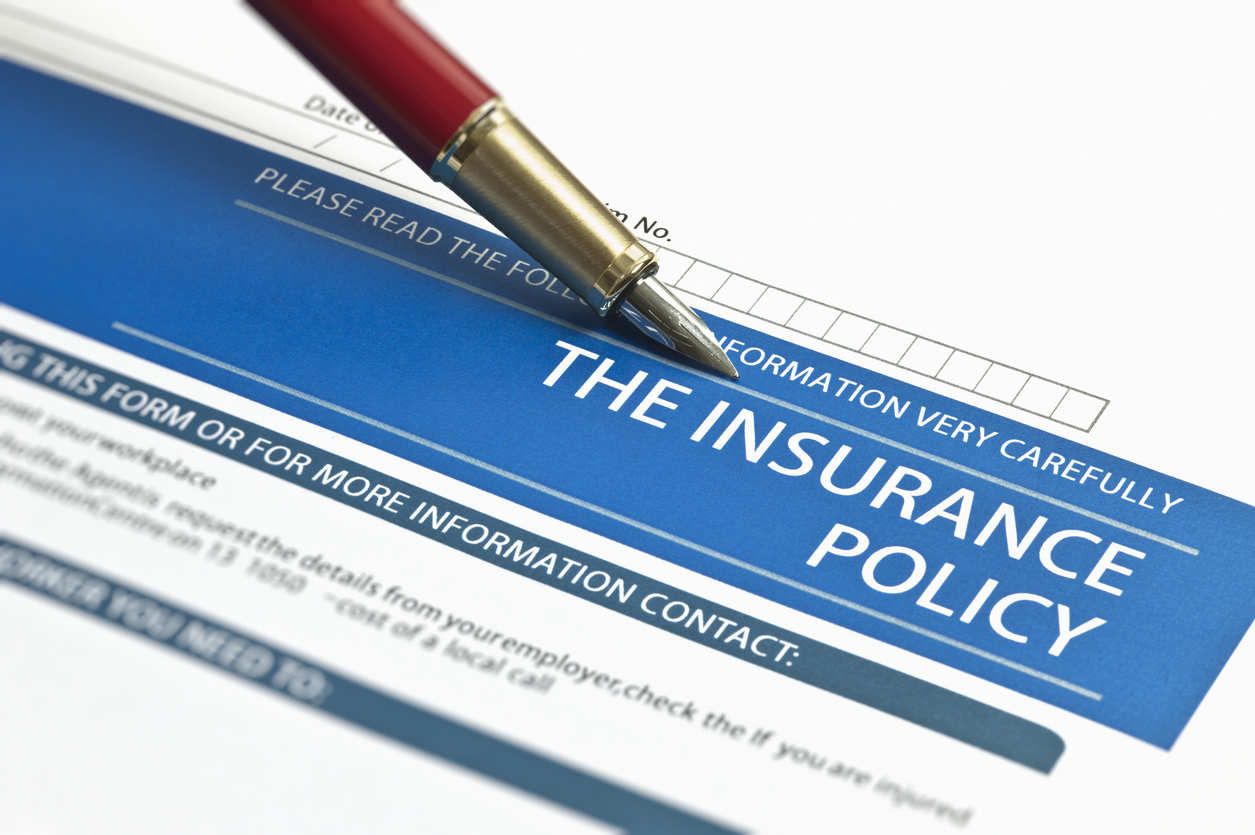Virtually every property insurance policy has a specific section regarding the post-loss obligations of the insured. Whether it be expressly stated in its own policy provision or implied from the wording of other post-loss obligation provisions, it is almost universally agreed that an insured has a duty to mitigate their damages after a loss.
The way that this duty to mitigate works depends upon whether the policy in question is either a homeowners property insurance policy or a commercial property insurance policy. In homeowner policies, the insured’s duty to mitigate may come up under insurance claims for building damages, personal property, etc. In commercial policies, the insured’s duty to mitigate may come up under insurance claims for building damages, business personal property, as well as business income loss and extra expense.
This blogpost focuses particularly on the one of the last coverages under commercial policies: business interruption losses and their connection with the insured’s duty to mitigate. My colleague, Nicholas Conklin, has previously written a blogpost on court opinions across the country that have analyzed the overlap of business interruption coverage and the insured’s duty to mitigate: Can an Insurer Rely on an Insured’s Mitigation Efforts to Deny Coverage or Preclude a Business Interruption Claim? Conversely, this blogpost is intended not to analyze caselaw on the subject, but rather the policy language itself with emphasis on basic contract interpretation principles.
A potential source of conflict that may arise under this coverage, with respect to the insured’s duty to mitigate and the policy’s language, is the timing of the insured’s mitigation and repair efforts. To better understand why a dispute might arise in this type of scenario, it is important to look at standard policy language that is generally included in such commercial property insurance policies:
BUSINESS INTERRUPTION EXTENSION
***
In the event of such Direct Physical Loss or Damage, [THE INSURER] shall be liable for the Actual Loss Sustained by [THE INSURED] resulting directly from such necessary Interruption of Business, but not exceeding the reduction in Gross Earnings, as defined hereafter, less charges and expenses which are not necessary during the Interruption of Business, for a period not to exceed the lesser of:
a) such length of time as would be required, with the exercise of due diligence and dispatch, to repair, rebuild or replace such part of the property as has been destroyed or damaged,
nor
b) twelve (12) calendar months, commencing with the date of such Direct Physical Loss or Damage and not limited by the expiration of this Policy.
***
CONDITIONS
***2. RESUMPTION OF OPERATIONS
If [THE INSURED] could reduce the loss resulting from the Interruption of Business,
a) By complete or partial resumption of operation of the property, and/or
b) By making use of merchandise, stock (raw, in process or finished), or other property at [THE INSURED’S] location or elsewhere,
and/orc) By using or increasing operations elsewhere, then such possible reduction shall be taken into account in arriving at the amount of loss hereunder
Often, this additional provision is incorporated into the same policy, and you can start to see where it becomes foggier:
1) DUE DILIGENCE
[THE INSURED] shall use due diligence and do and concur in doing all
things reasonable to avoid or diminish any loss of or damage to the
property insured.
With a reading of the above three provisions in conjunction with one another, it becomes quite evident as to how a commercial policyholder would be confused with what efforts can be made after the insured property suffers a loss, and when the efforts can be commenced.
In a hypothetical example, let’s say there is a commercial property policyholder operating as a ski-resort hotel insured under a commercial property insurance policy with all three above provisions inside. The policyholder suffers a substantial loss as a result of a fire, which is covered under the property. Because the policyholder ski-resort is located in the mountains of Colorado, the insured recognizes a well-known time period throughout the year as its “off-season” (aka, in the summer, when skiing and snowboarding are not viable to tourists). The insured’s loss occurs at the beginning of the fall season.
After reading through its commercial property insurance policy, the insured determines that it needs to make repairs to mitigate damages and use due diligence in doing so to reduce the costs to the best of its ability. After this assessment, the insured then holds off on immediate mitigation efforts until the following summer off-season, and by doing so, the insured reduces the liability of the insurer. Because the mitigation efforts and repairs began during the summer off-season, the amount of business interruption damages would be much less, to the benefit of the insurer.
What follows next should be obvious at this point. Indeed, the insurer thereafter uses the insured’s delayed mitigation efforts against it, citing to the abovementioned business interruption extension and the applicable period of restoration time limits.
So, what next? Well, here there may be an argument to be made in response to the insurer’s position, which would ultimately go back to one of the basic tenets of contract interpretation: Ambiguous policy provisions are construed strictly against the insurer that drafted the policy and liberally in favor of the insured.1 A policy is also deemed ambiguous where conflicting provisions would render coverage “illusory,” i.e., where the insurer attempts to grant rights in one provision and then retract the very same rights elsewhere in the policy.2
Accordingly, when, as here, two or more provisions of an insurance policy deal with the same subject matter, (the insured’s duty to mitigate and make repairs), the one affording greater rights to the insured will prevail.3
The conflicting nature of accepting these policy provisions together would essentially place the insured in a Catch-22: is the insured required to begin repairs as soon as possible after the loss (incurring greater business interruption losses), or is the insured required to “use due diligence and do and concur in doing all things reasonable to avoid or diminish any loss of or damage to the property insured?”
In the ski-resort hypothetical, the insured sought to reduce the damages, to the benefit of the insurer, by repairing the damaged property at a later date during the off-season and instead of immediately after the loss. By doing so, the business interruption losses were much lower because of the insured’s due diligence and efforts to literally mitigate the damages.
In the interests of justice and fairness, is it appropriate to use the insured’s genuine efforts to mitigate the damages (to the benefit of the insurer) against it? I will leave you with this quote from the Insurance Litigation Reporter:
The purpose of insurance is supposed to be protection from loss. If an insurance policy is written in such a way that insurers will be able to circumvent paying for losses, then the social function of insurance is undermined.4
_________________________________
1 U.S. Fire Ins. Co. v. J.S.U.B., Inc., 979 So. 2d 871, 877 (Fla. 2007).
2 Purrelli v. State Farm Fire & Cas. Co., 698 So. 2d 618 (Fla. 2d DCA 1997).
3 e.g., Rucks v. Old Republic Life Ins. Co., 345 So. 2d 795 (Fla. 4th DCA 1977).
4 See 26 No. 3 Ins. Litig. Rep. 97.




